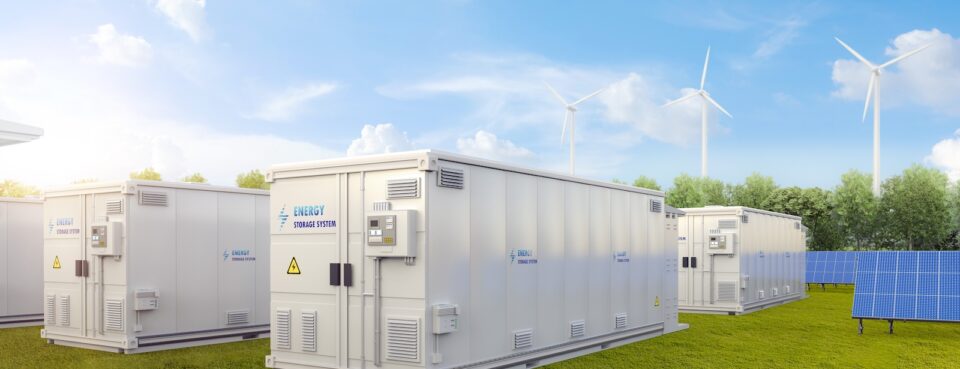Complex planning and integration can be the first hurdle to overcome in microgrid design and integration.
It is a complex process, requiring careful planning, a lot of technical expertise, and coordination between all the stakeholders.
Connecting all the elements together (integration) can be very challenging and this complexity can lengthen timelines and increase costs.
Initial cost of infrastructure is a further hurdle for installing a microgrid system, with energy sources, storage, backup, distribution, control and management systems all needing to be put in place. The complexity of integrating a microgrid system may also be challenging, which in turn can add to overall costs.
Scaling up a microgrid system can be complex, if not impractical, making future requirements a major consideration before installation. Regulatory and policy barriers may add to the complexities of deliberation. However, our expandable battery modular systems is e the way to solving issues of scaling.
Maintenance and operation of the system may present difficulties for small communities or entities where skilled technicians and general maintenance service providers are limited. People may need to be upskilled to manage and maintain the system, however, they may not be permanently available in remote areas so the costs of bringing in such skilled labour may be a cost burden.
DEUTZ New Zealand is committed to providing reliable support and assistance, even in remote areas, when issues arise with our microgrid systems. Our team of experts along with technicians from authorised dealers are well-equipped to handle various challenges and ensure the smooth operation of your microgrid.
Operating in parallel with the main grid requires synchronisation and coordination.
It is crucial to ensure stability of voltage and frequency is maintained, power flows are managed efficiently, and grid disruptions are minimised. Integration can be difficult, and operation and protection of the system challenging. Importing and exporting energy between a microgrid and the main grid is not always as easy as it sounds.
Uncertainty is a typical problem in isolated usage of microgrids.
Weather is an uncontrollable element: solar energy can only be generated during daylight hours and its efficiency is depleted when there is cloud coverage; wind energy can only be generated when there is enough wind to turn the turbines, provided there has been no malfunction within the turbine itself. However, this can easily be solved as each DEUTZ microgrid system is paired with a compatible DEUTZ diesel generator to generate power when renewable energy is not available.
Microgrid systems utilising the renewable generation sources now available are still in relatively early stages of growth and thus present challenges still being met. Despite these challenges, microgrids still offer many benefits, such as increased energy resilience, efficiency and sustainability.


